Meet Majiye Uchibeke | Director/Producer
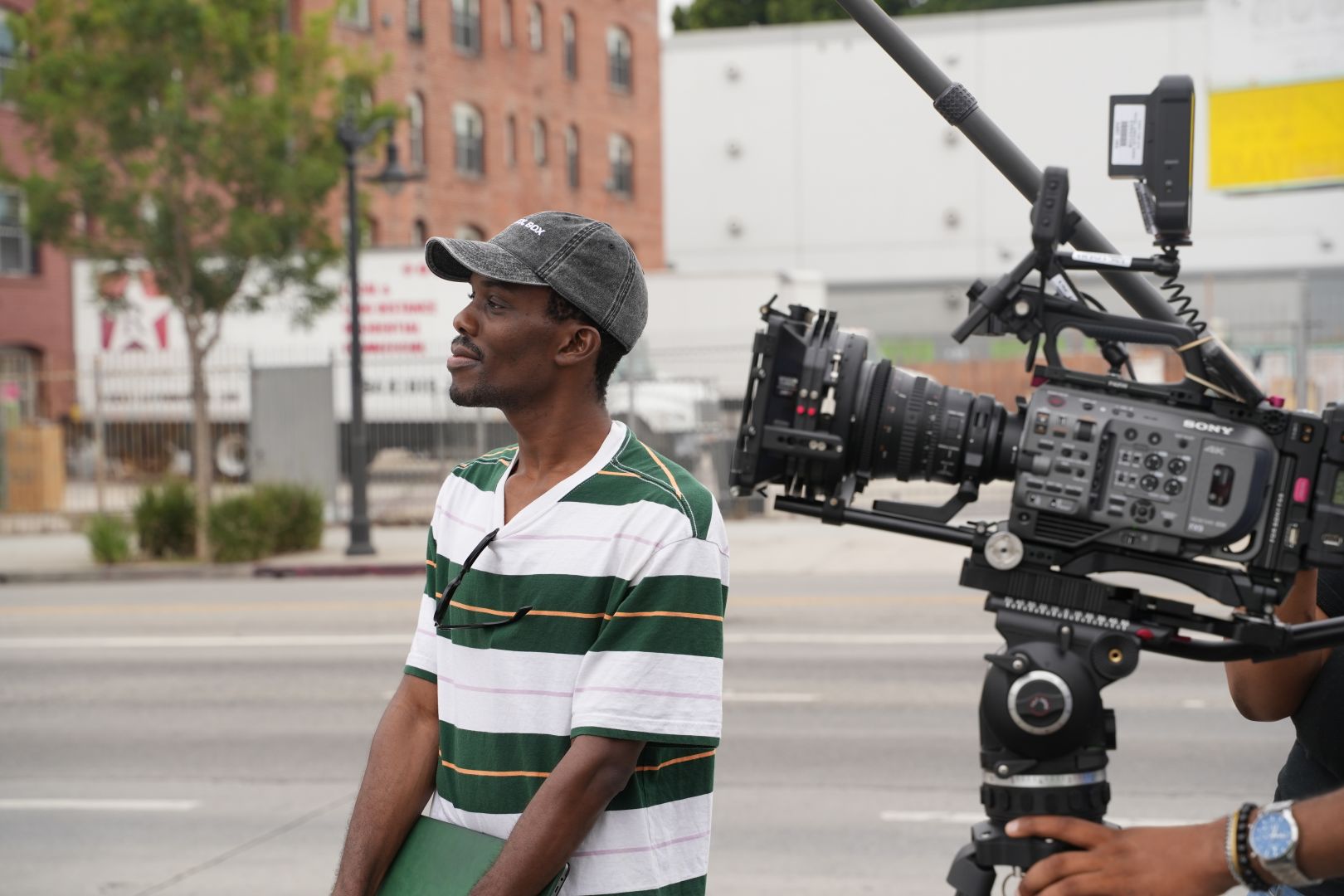
We had the good fortune of connecting with Majiye Uchibeke and we’ve shared our conversation below.
Hi Majiye, why did you decide to pursue a creative path?
I pursued an artistic career because of my deep-rooted love for storytelling, which began in my home country, Nigeria. I was raised amidst rich culture and tradition that filled me with stories waiting to be told. I was drawn to the power of film and its potential to create social change and open up cultural exploration. I see film as a medium to communicate powerful messages, challenge stereotypes, and highlight underrepresented narratives that are often overlooked.
Attending the University of Southern California (USC) Film School, I was able to learn the technical aspects of filmmaking, while also fostering my own unique storytelling techniques. This experience broadened my horizons, encouraging me to consistently push the boundaries of my craft.
As a Nigerian filmmaker in Los Angeles, I am passionate about bringing a fresh perspective to the film industry. My work is greatly influenced by the vibrant cultures, rich traditions, and pressing social issues of my homeland. I feel it is my responsibility to use my platform to shed light on these complexities and nuances, offering viewers an authentic representation of Nigerian society.
Ultimately, my artistic career is driven by my desire to make a positive impact. I am committed to creating thought-provoking and emotionally resonant films that foster empathy, inspire dialogue, and effect change. I see art as more than just entertainment – it’s a powerful tool for social justice, cultural preservation, and exploration of identity.
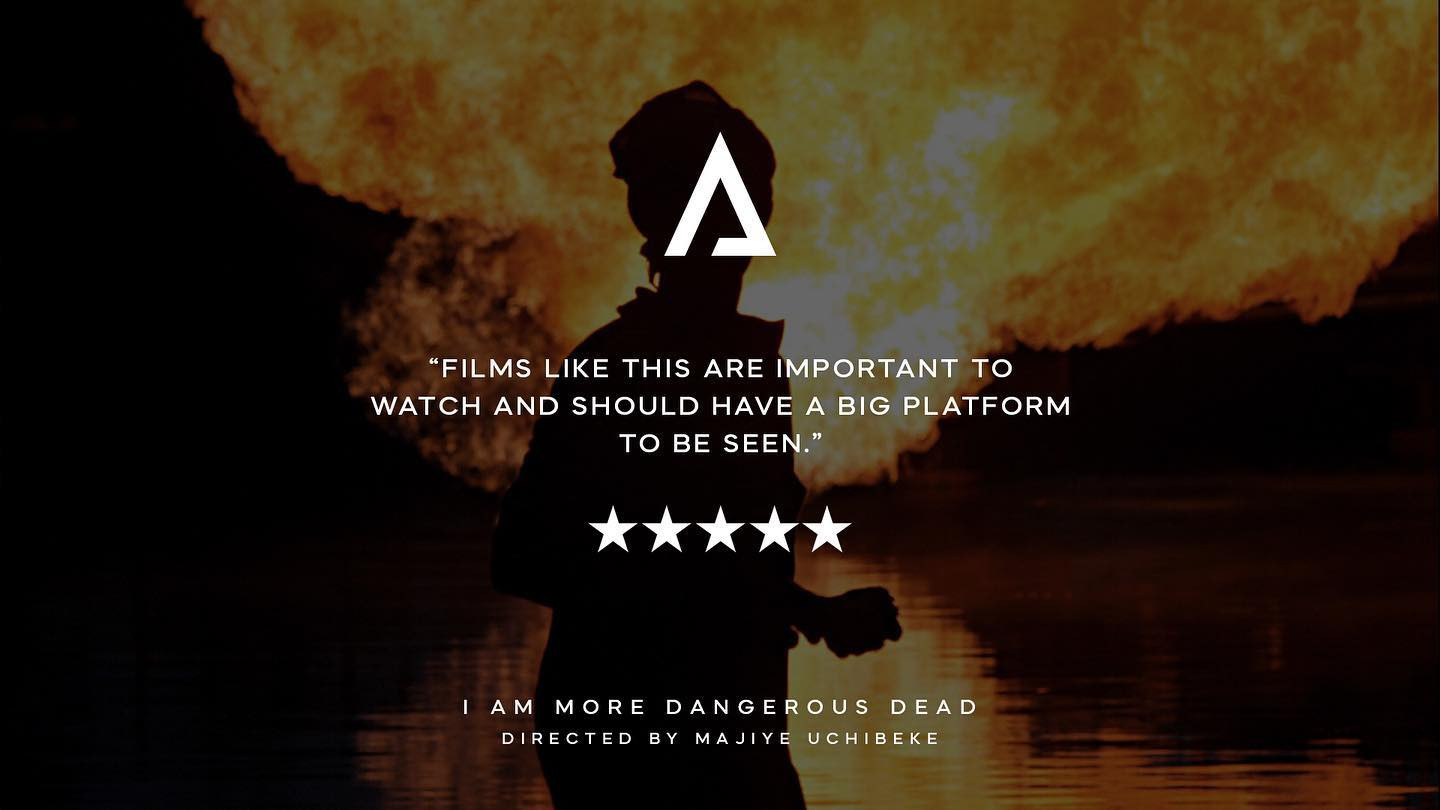
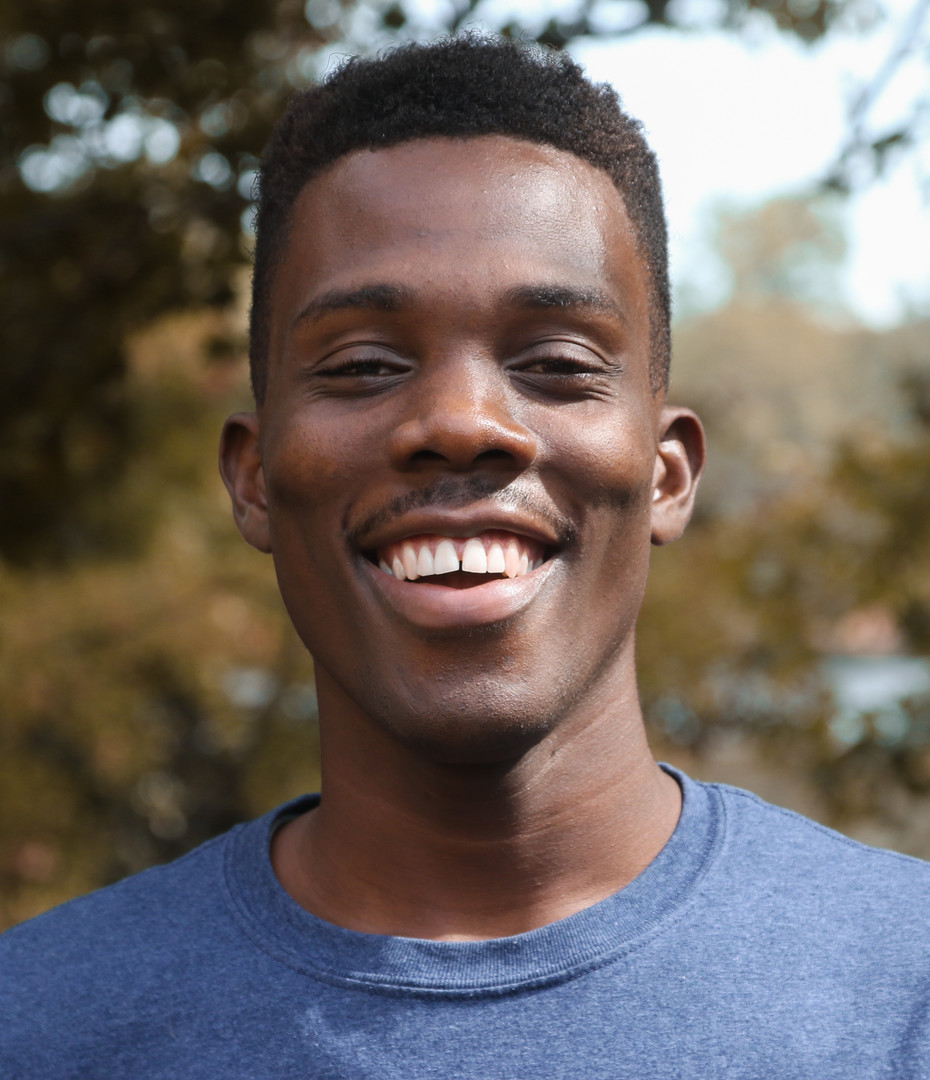
Alright, so let’s move onto what keeps you busy professionally?
My filmmaking journey is as much a testament to my personal passion and dedication as it is a reflection of my cultural heritage. What sets my art apart from others is the infusion of my Nigerian roots and the distinct perspective it brings to my storytelling. My films serve as a conduit for my audience to experience the rich cultural tapestry and complex social narratives of my homeland, something that I believe is often underrepresented in the global cinematic landscape.
One of the projects I am particularly proud of is my film, “I Am More Dangerous Dead” which tells the extraordinary story of Ken Saro-Wiwa, a writer, poet, and environmental activist who left an indelible mark on the Niger Delta region of Nigeria. Growing up in the Niger Delta, I witnessed the devastating impact of the oil industry on our land, our communities, and our way of life. Through “I Am More Dangerous Dead,” I aim to honor Saro-Wiwa’s legacy and shed light on the profound environmental and social issues faced by our people. The film serves as a poetic tribute, capturing the essence of Saro-Wiwa’s unwavering commitment to justice and his ability to use the written word to amplify the voices of the oppressed.
Getting to where I am today was far from easy. I faced a multitude of challenges on my journey, including cultural barriers, funding hurdles, and the struggles of making my voice heard in an industry that tends to favor established narratives and voices. However, my passion for storytelling and my determination to shed light on underrepresented narratives fueled me to persist. I learned to embrace my unique perspective as a strength rather than an obstacle and to leverage it to create compelling, resonant narratives that challenge the status quo.
There are many lessons I’ve learned along the way, but one of the most significant is the importance of authenticity in storytelling. It is crucial to stay true to your voice, your experiences, and your perspective, as that is what will truly resonate with audiences. Additionally, I’ve learned that perseverance is key. The path to success in the arts is rarely linear or smooth, but each challenge encountered is an opportunity for growth and learning.
What I want the world to know about me and my brand is that my work is a tribute to my roots and a contribution to the global conversation on cultural diversity, social justice, and identity. I hope my films foster a greater understanding of the complexities of Nigerian society and the broader African experience, inspire empathy, and drive positive social change. I firmly believe that cinema can break down cultural barriers, challenge stereotypes, and ultimately, bring people closer together.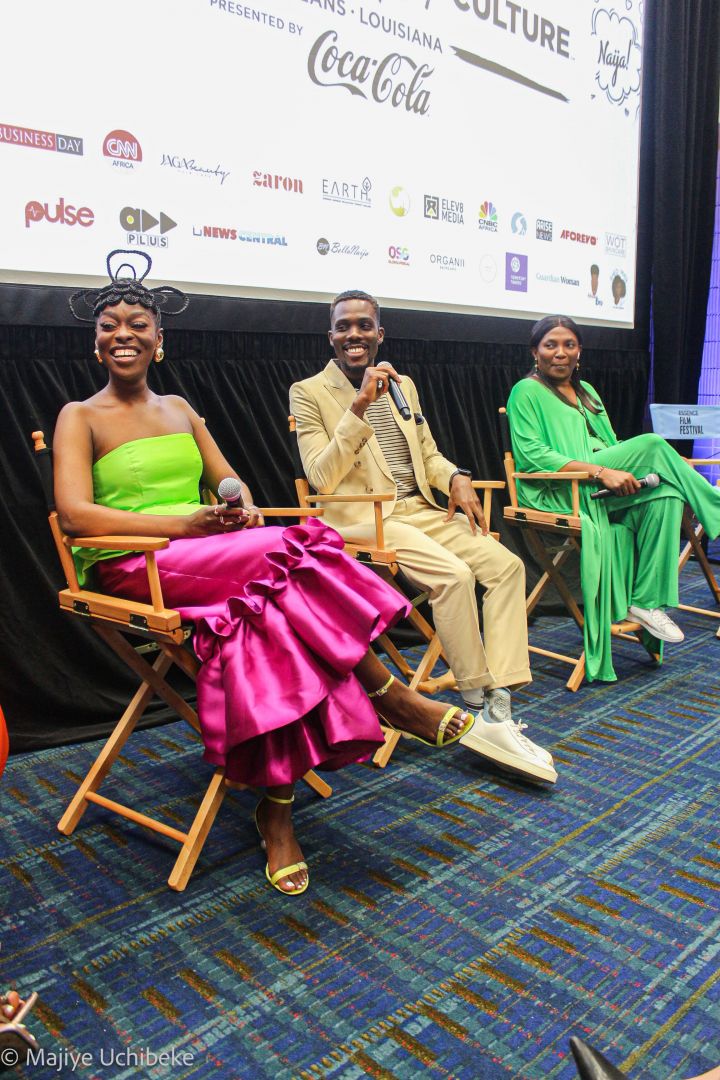
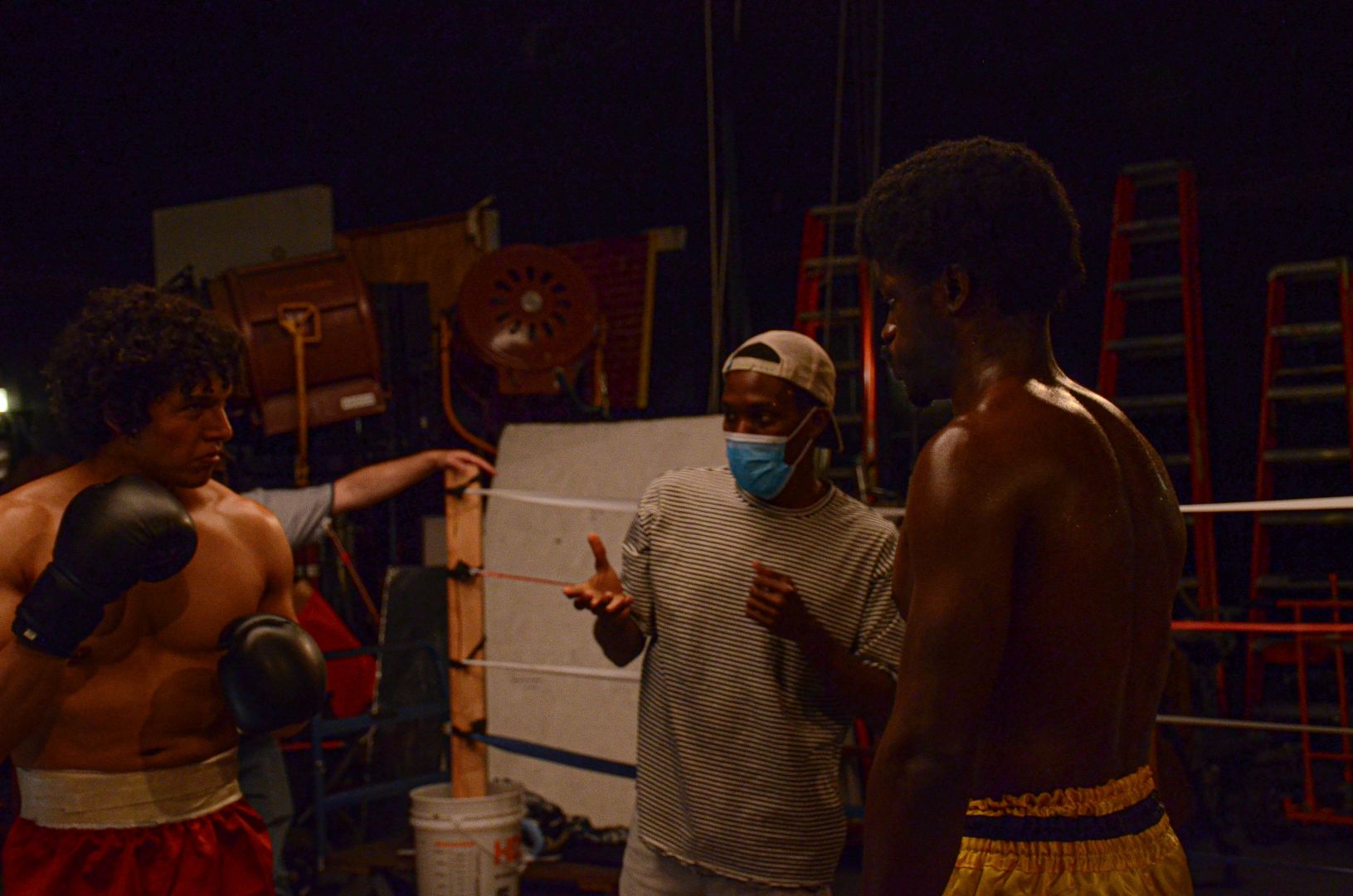
If you had a friend visiting you, what are some of the local spots you’d want to take them around to?
Places in West LA by the beach. Catalina Island. Day and brunch parties. Afrobeat weekend parties.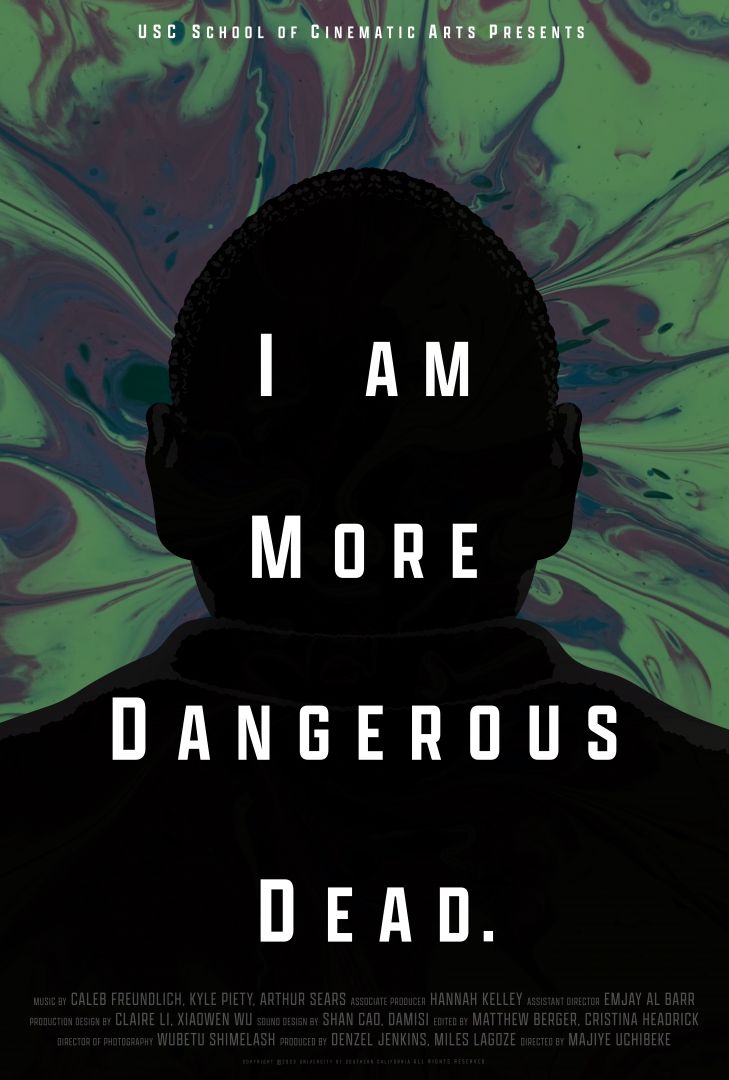

The Shoutout series is all about recognizing that our success and where we are in life is at least somewhat thanks to the efforts, support, mentorship, love and encouragement of others. So is there someone that you want to dedicate your shoutout to?
My friends, family and peers at USC who have supported me over the years, and to the Ken Saro-Wiwa family who gave me the opportunity to tell Ken Saro-Wiwa’s story in my thesis documentary film, “I Am More Dangerous Dead” which has now been nominated for a Yugo BAFTA Student Award.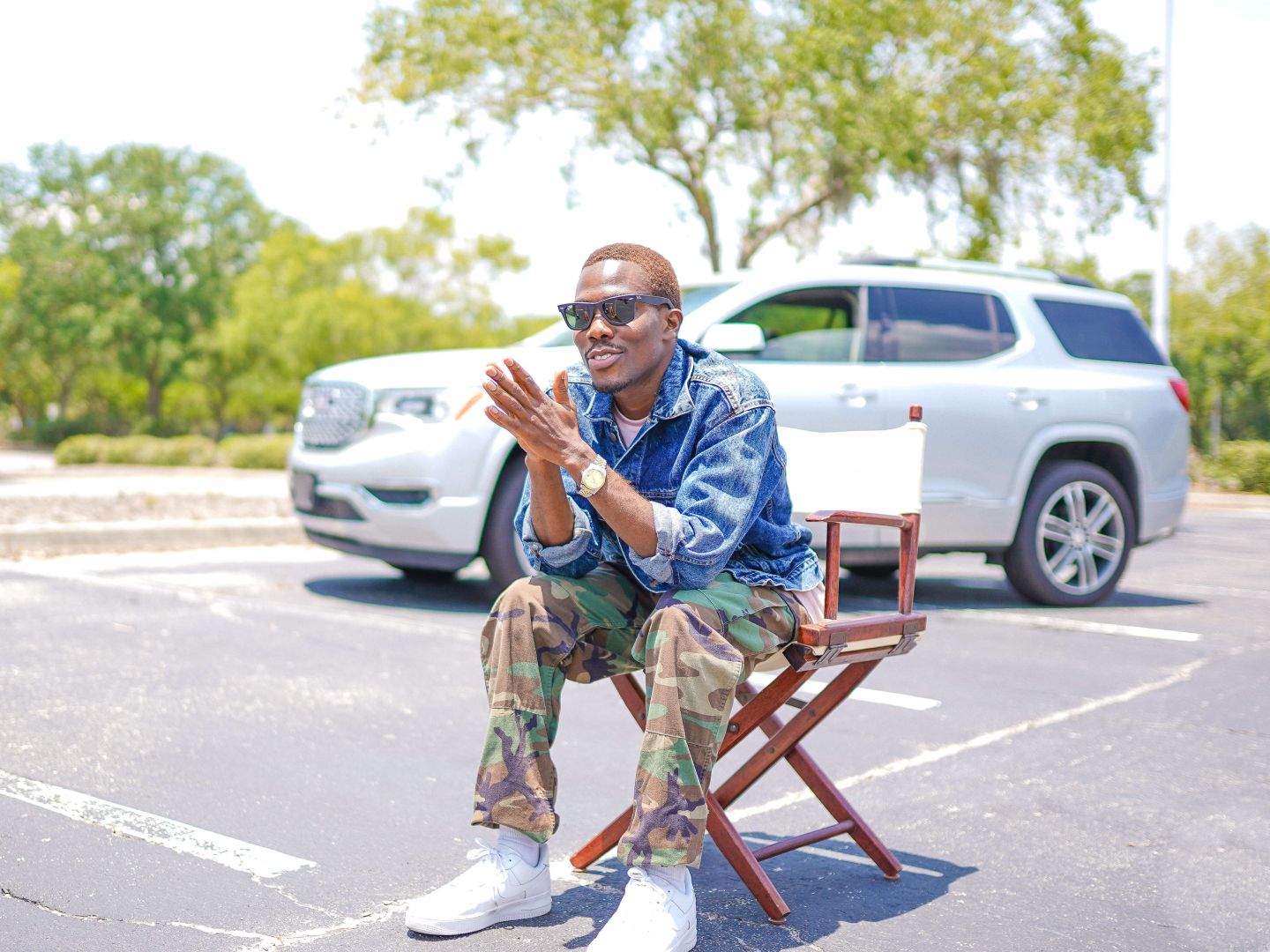
Website: www.majiyeuchibeke.com
Instagram: @majshotit @themajiye
Linkedin: https://www.linkedin.com/in/majiye
Twitter: https://twitter.com/majshotit?lang=en
